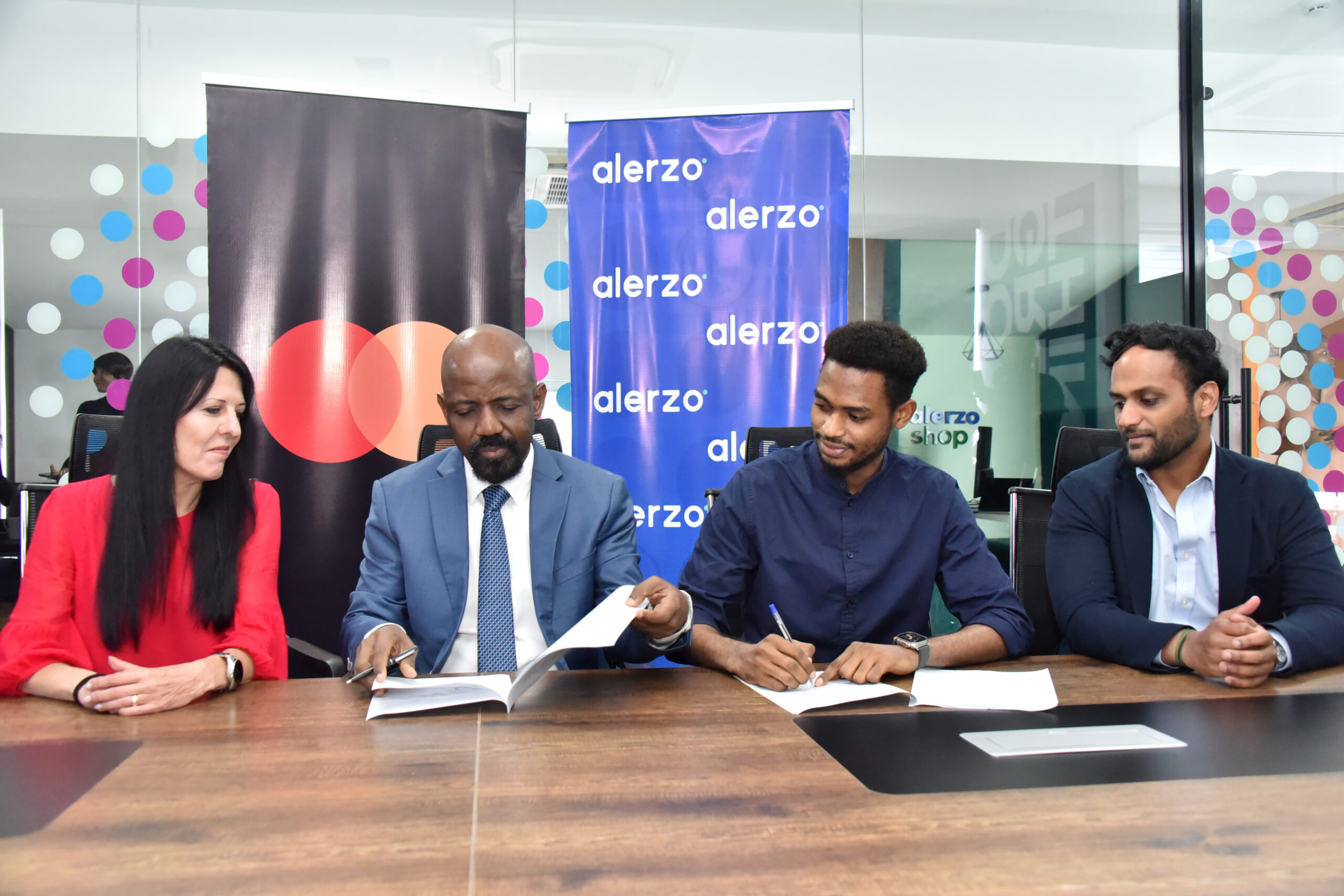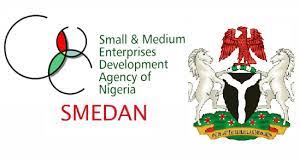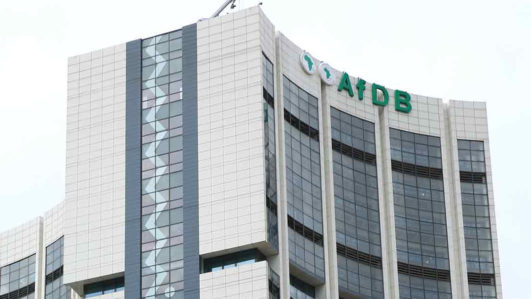A global leader in financial services, Mastercard has partnered with Nigeria’s premier technological service provider Alerzo to help small and medium-sized businesses (SMEs) in the Fast-Moving Consumer Goods (FMCG) industry.
The collaboration’s primary objective is to improve company sustainability and market performance via the provision of digital payment solutions, financial training, and credit.
The combination of Alerzo’s B2B e-commerce know-how with Mastercard’s worldwide infrastructure and network will make digital payments more widely available to companies of all sizes.
The partnership will provide a number of innovative offerings, such as the digital payment system VeedezPay, the complete company management tool VeedezPro, and the ERP solutions required by larger corporations. Small and medium-sized enterprises (SMEs) that utilize VeedezPay and VeedezPro will also have access to micro-lending solutions.
The SMEs in Nigeria have struggled due to a lack of digitalization, which has hampered their access to new sales prospects, the capacity to manage sales and inventories, and the ability to gain access to credit. The Alerzo-Mastercard alliance intends to tackle these issues head-on by providing financial education and training to one million SMEs in Nigeria over the course of the next 5 years. This initiative will hasten the widespread usage of financial services and facilitate the transition to digital payment methods.
Read also: Nigeria’s Retail-startup, Alerzo lays off 400 people
Promoting contactless payments for SMEs
Adewale Opaleye, CEO of Alerzo Limited, commented on the partnership and its benefits, saying, “We’re excited to partner with Mastercard to support the growth and success of SMEs in Nigeria.” In conjunction, we have the expertise, resources, and experience to keep helping companies in Nigeria with training, credit, and new ways to accept payments. These innovations may be pivotal, particularly for our overlooked informal merchants.
“Nigerian small enterprises have shown remarkable fortitude in recent years, but they continue to confront significant challenges to maintaining a profit margin. According to Mastercard’s Country Manager and Area Business Head, West Africa, Ebehijie Momoh, “We are excited to combine our expertise and resources to drive digital transformation and financial inclusion, providing training and solutions that enable Nigerian businesses to thrive through our partnership with Alerzo.” To elaborate, Momoh said, “This collaboration will play a crucial role in digitizing payments and supporting the growth and success of Nigerian businesses.”
The partnership’s low-cost acceptance options, such as Tap on Phone, QR, Pay-By-Link, and Payment Gateway Service, will be beneficial for a variety of SMEs and informal merchants. VeedezPay and VeedezPro, both available on the App Store and Google Play, enable businesses to quickly begin receiving digital and contactless payments. Interested established firms may learn more about the ERP system and its integrated business management tools by contacting the appropriate company representative.
The Alerzo-Mastercard partnership seeks to facilitate company expansion by increasing access to credit. The Alerzoshop B2B commerce software will first provide micro-lending solutions to informal shops, giving them access to capital to grow and seize chances. The effects of this collaboration go well beyond the scope of an individual company. Millions of individuals who depend on their small enterprises to provide for their families would benefit from efforts to strengthen SMEs and informal retailers.
What to know about Alerzo
Alerzo is an all-in-one technology platform designed to equip micro-businesses with the digital products and services necessary to run profitable and sustainable businesses.
Alerzo is one of Nigeria’s top IT support companies, serving over 250,000 companies with innovative solutions. Its POS terminals exist in every local government in Nigeria and are used by hundreds of people every month, making its services available to any company that needs them.
Over the years, the company have built a network of over 100,000 credible small businesses, 90% of which are run by women. Also, it makes running a business easier for MSMEs with our end-to-end digital solutions.


